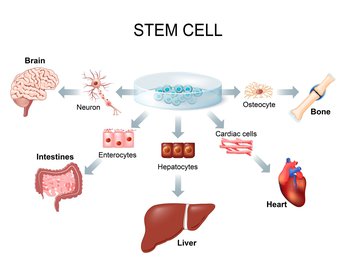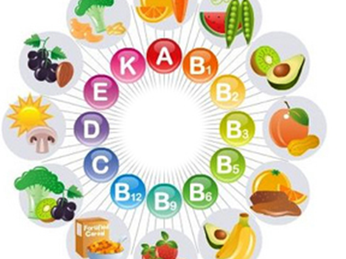Higher Body Fat and Insulin: Impact on Cancer Growth
Understanding the Link: Body Fat, Insulin, and Cancer Growth
In the realm of health discussions, the connection between body fat, insulin levels, and cancer growth has garnered significant attention. Research has unveiled a compelling association between higher body fat percentages and elevated insulin levels, contributing significantly to the development and progression of cancer.
Elevated Insulin Levels and IGF-1: Unraveling the Relationship
The correlation between elevated insulin levels and insulin-like growth factor 1 (IGF-1) cannot be understated. Elevated insulin levels often found in individuals with higher body fat percentages stimulate the production of IGF-1. This growth factor plays a pivotal role in encouraging uncontrolled cell growth, a hallmark of cancer progression.
Hyperinsulinemia and Angiogenesis: Fueling Tumor Growth
Chronic high levels of insulin, known as hyperinsulinemia, not only fuel the growth of IGF-1 but also promote angiogenesis. Angiogenesis is the process of creating new blood vessels, crucial for supplying nutrients to tumor cells. This phenomenon enables tumor cells to thrive and proliferate, facilitated by the increased nutrient availability.
Insulin's Impact on Cancer Invasion: Unveiling a Key Mechanism
Beyond promoting cell growth and angiogenesis, insulin also influences the invasive capacity of cancer cells. Studies have shown a direct correlation between insulin levels and the aggressiveness of cancer cells, highlighting insulin's multifaceted role in cancer progression.
Epidemiological Insights: Diabetes, Hyperinsulinemia, and Cancer Risk
Epidemiological studies have provided robust support for the link between diabetes, chronic hyperinsulinemia, and heightened cancer risks. Patients with diabetes, often characterized by chronic hyperinsulinemia, exhibit a significantly increased risk across various cancer types. These findings underscore the intricate relationship between metabolic health and cancer outcomes.
Future Perspectives: Exploring New Frontiers in Cancer Research
As research continues to delve deeper into metabolic pathways and their impact on cancer, the potential for uncovering novel mechanisms remains promising. Insights gained from ongoing studies may elucidate additional links between insulin dynamics, body fat, and cancer progression, paving the way for more targeted interventions and improved patient outcomes.
In conclusion, the nexus between higher body fat percentages, elevated insulin levels, and cancer growth unveils a complex yet crucial interplay in cancer biology. Understanding these relationships not only sheds light on disease mechanisms but also guides preventive strategies and therapeutic innovations for better managing cancer risks and outcomes.
Source: https://www.ncbi.nlm.nih.gov/pmc/articles/PMC4839982/









